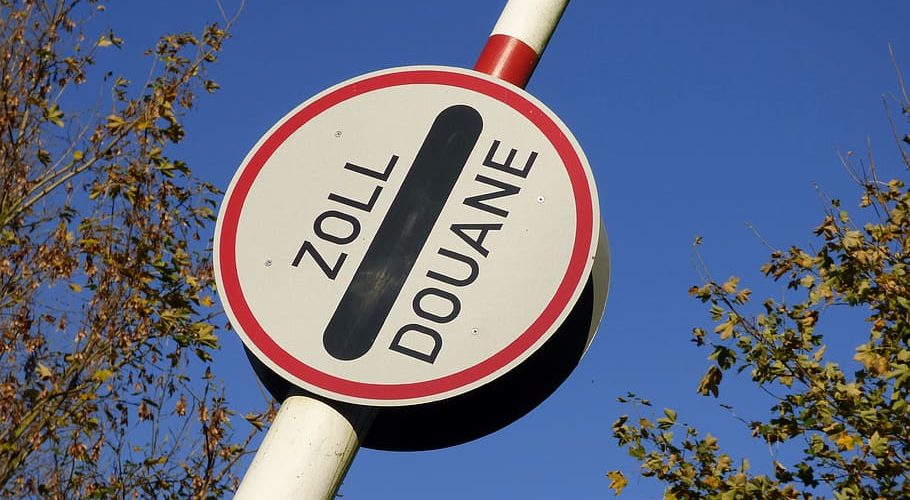The ECJ released Facts & Questions in the Customs case
The applicant is the company ‘Tauritus’ and the defendant is the Lithuanian Customs Service. On May 26, 2017, the Kaunas customs office near Tauritus carried out a tax audit for a period of one and a half years. During this inspection it was established that Tauritus had shown the provisional price as the customs value of the goods when submitting the import declaration for imported fuel. Based on agreements with suppliers, the provisional price was later adjusted to take into account certain circumstances, such as the average market price of fuel. The customs office took these revised prices into account when determining the customs value. It subsequently subjected Tauritus to an additional assessment and ordered the company to pay default interest on the import VAT.
Consideration:
The referring court wants clarity on Article 70 of the Customs Code. He refers to Article 128(1) of the Implementing Regulation, which shows that in order to apply the ‘transaction value’ method of determining the customs value, the price actually paid or payable must be known (or determinable) at the time of the declaration. He wonders whether the exception in Article 70(3) applies in this case or not. It applies where the sale or price is subject to any condition or performance for which no value can be determined in relation to the goods being valued. According to the referring court, the indication of a provisional price in the declaration, which is subsequently adjusted downwards or upwards, could lead to an arbitrary or fictitious customs value, which would be incompatible with the application of the method of determining the customs value at issue. In addition, the referring court wants to know whether the tax declarer is obliged to amend the tax return in this case.
Questions
1. Must Article 70 of Regulation (EU) No 952/2013 of the European Parliament and of the Council of 9 October 2013 establishing the Union Customs Code be interpreted as meaning that paragraph 1 of that article does not apply to a situation such as the present one, where, at the time of acceptance of the customs declaration and on the basis of the sale taking place immediately prior to the introduction of the goods into the customs territory, only the provisional price to be paid is known, which will subsequently (i.e. after the declaration has been lodged and the goods have been released for free circulation) is adjusted upwards or downwards in view of circumstances beyond the control of the parties to the transaction and which are unknown at the time the declaration is lodged?
2. Must Article 173(3) of Regulation No 952/2013 be interpreted as meaning that the declarant is not obliged to request the customs authorities to adjust the customs value determined and declared in accordance with Article 74 of that Code, where the actual value of the goods price to be paid, as referred to in Article 70(1) of that Regulation, which was not known and could not have been known at the time of lodging that declaration, which, as in the present case, becomes known after those goods have entered into free circulation have been brought?
Similar ECJ Cases
- Roadtrip through ECJ Customs Cases – Focus on “Customs Valuation” (Taxable amount for VAT purposes)\
- C-775/19 (5th AVENUE Products Trading GmbH) – Preliminary ruling – Customs valuation of royalties paid for exclusive distribution rights
- C-599/20 Baltic Master
- C-529/16 Hamamatsu – Customs valuation and transfer pricing
- C-75/20 (Lifosa) – Calculation of Customs Value When Transport Costs Exceeds Product Value
- C-3/13 Baltic Agro
- C-640/21 (Zes Zollner Electronic) – Judgment – Amennding customs declarations and failing to declare the correct quantity of goods
Source
- Join the Linkedin Group on Global E-Invoicing/E-Reporting/SAF-T Developments, click HERE














